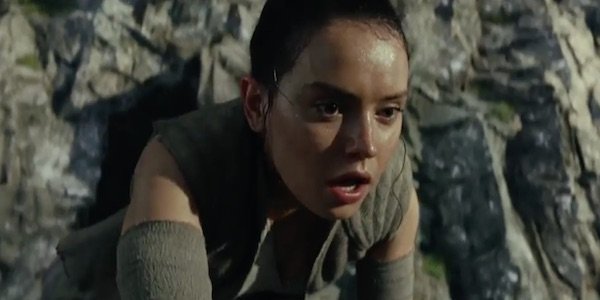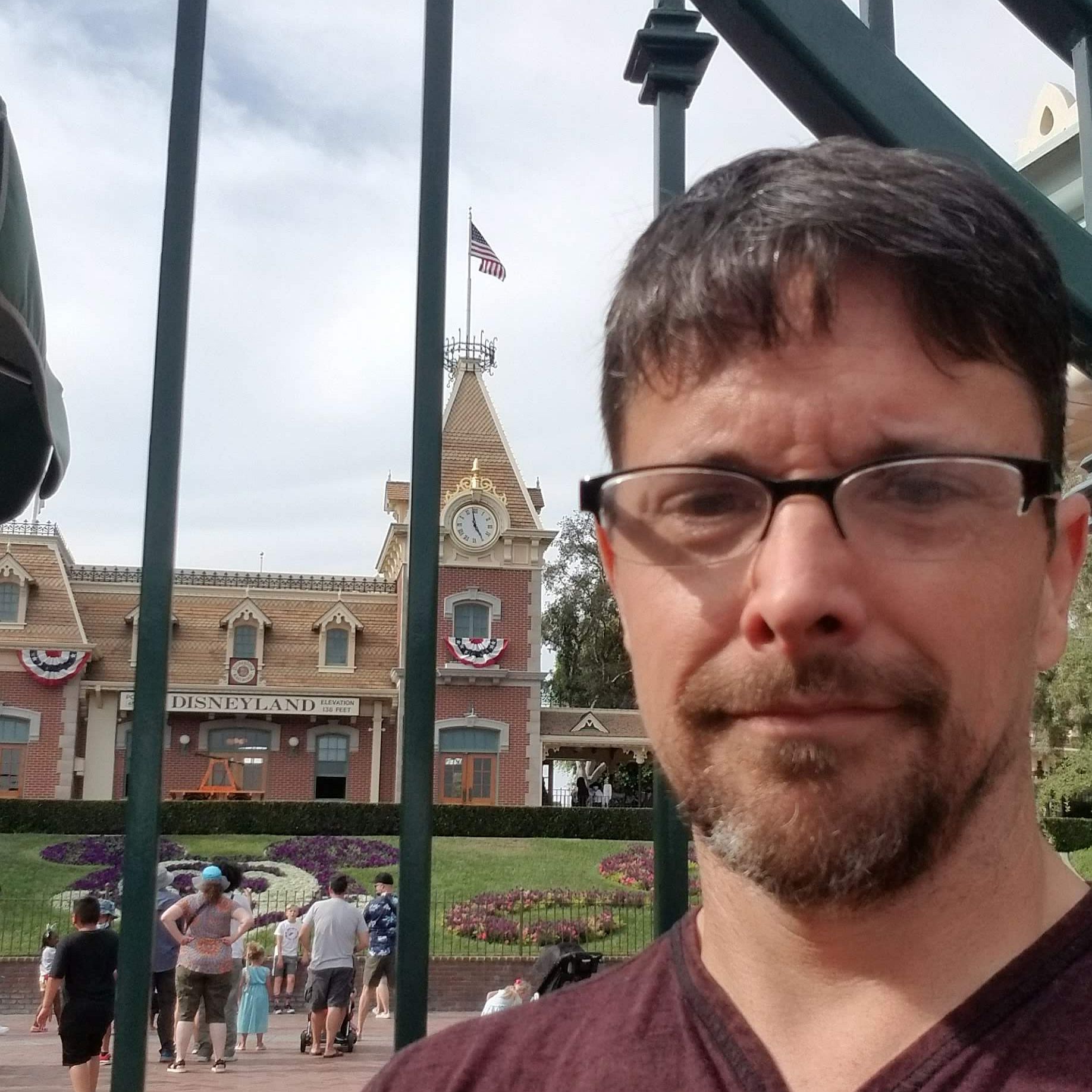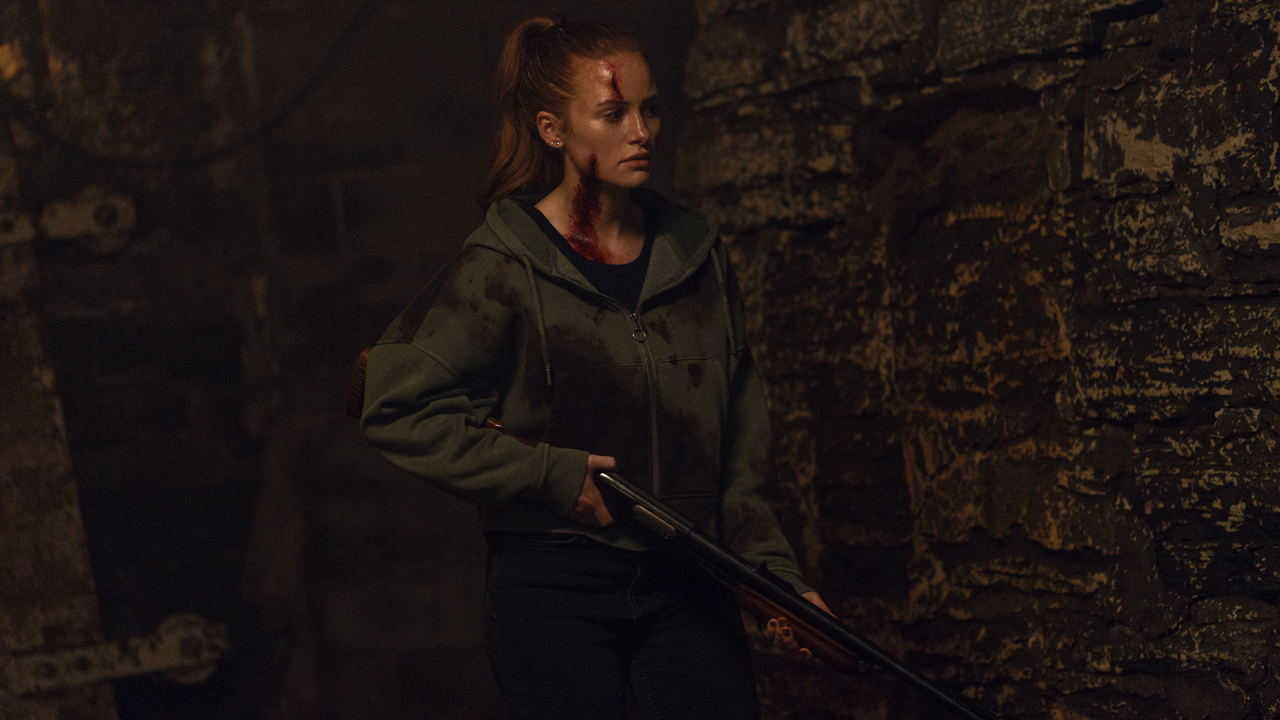Star Wars: The Last Jedi's Box Office Drop May Not Really Affect Episode IX

Your Daily Blend of Entertainment News
You are now subscribed
Your newsletter sign-up was successful
The box office response to recent Star Wars films has many wondering what's going to happen when Episode IX arrives next year. With Star Wars: The Last Jedi not doing as well as The Force Awakens and the lukewarm response to Solo: A Star Wars Story, is the franchise in trouble? It turns out that, if you look at the history of Star Wars, there's every reason to believe that the next entry in the new trilogy is going to be just fine, and will see a significant increase over the numbers of The Last Jedi.
A quick look at the box office response to both the original and prequel Star Wars trilogies, as well as what we've so far in the current trilogy, shows what appears to be a pattern immerging. All three of the first films in the three trilogies have been huge movies. The original Star Wars: A New Hope, The Phantom Menace and The Force Awakens all set box office records when they debuted. The Force Awakens is still the highest grossing domestic movie of all-time.
These movies were so big that it would have been difficult for any movie to compete, and as it turns out, the sequels all had trouble. The numbers show (via Forbes) that Star Wars: The Empire Strikes Back, Attack of the Clones and The Last Jedi all saw significant box office drops as compared to the previous film, about a 1/3 drop in total. In the case of the current trilogy, we're talking about a domestic total for The Force Awakens of about $936 million dropping to $620 million for The Last Jedi. In absolute terms both numbers are massive, but in comparison, it looks like a significant loss of interest.
However, if past is prologue, Star Wars: Episode IX may have nothing to worry about, as both Star Wars: The Return of the Jedi and The Revenge of the Sith saw their box office numbers get a 20-25% boost over the middle entry of the trilogy. If this pattern holds then Episode IX could see a domestic box office of as much as $775 million.
While that number is still down from where The Force Awakens was, an increase over The Last Jedi would surely be evidence that there's nothing "wrong" with Star Wars right now. The box office drop for The Last Jedi, combined with a lackluster performance for Solo: A Star Wars Story has led some to wonder, or claim outright, that there's a problem with the franchise or a backlash from fans that have been unhappy with the direction of recent installments.
While Solo is an outlier case without a lot of historical precedents to consider, it does seem like it's just normal for Star Wars movies to see the second film have a box office drop with a third entry getting a boost. Three movies may be a small pattern, but it's a pattern.
It's also a pattern that makes sense. With all three trilogies, there was excitement surrounding the first entry. In the case of the original film, it was simply a movie that nobody had seen the like of before. In the case of the next two, it was something fans hadn't seen in years and were excited to see again. After that, the luster has worn off somewhat. We've seen it before, so the second film feels less urgent, we don't need to see it on opening night like we did the last one. It's also the middle story, we know that more is coming, so it's not like we're never going to see a Star Wars movie again.
Your Daily Blend of Entertainment News
The final entry, however, is the end, and everybody wants to know how a story ends. This drives moviegoers back to the theater so they don't have to wait to see how things wrap up. We won't know for sure if that's going to happen here, but the evidence that it has happened before certainly indicates the possibility.
In the case of the original trilogy, Star Wars: The Empire Strikes Back is currently viewed as the best film in that series, if not the entire franchise, so the fact that it saw such a steep box office fall is telling. The box office numbers aren't a measure of a film's worth, especially in the long term.
In the case of the prequels, while there's certainly a large number of people who would argue, both then and now, that Star Wars: The Attack of the Clones is the worst film of that trilogy, the film's badness didn't keep people away from the release of Revenge of the Sith. While there are certainly those with a bone to pick over The Last Jedi, the negative response is far from universal. While some seem to loathe the recent film, just as many loved it which would seem to be a strong argument for the future success of Episode IX. If the prequel trilogy can recover, surely so can this one.
The Last Jedi was a divisive film to say the least, there's no argument about that. While it's unclear just how big the backlash actually was, it certainly existed. And who knows, if Episode IX doesn't see a box office similar to the other two trilogies, it could be evidence that something is very different now.
However, what's different could be something else entirely. In the case of the first two trilogies, the final movie had the potential to be the last Star Wars movie we'd ever see. That isn't the case anymore. While we still don't know what the next movie will be, we do know for sure that there will be a next movie, maybe not in this story, but something Star Wars related at any rate. Maybe that will make Episode IX less urgent after all. Maybe making Star Wars movies a more regular thing means they won't be the "event" movies that they once were. Or maybe Episode IX is going to be just fine regardless. Even if the movie makes less money than this pattern predicts, it's still going to be insanely profitable. Disney and Lucasfilm only need to worry when that changes, and it certainly hasn't yet.

CinemaBlend’s resident theme park junkie and amateur Disney historian, Dirk began writing for CinemaBlend as a freelancer in 2015 before joining the site full-time in 2018. He has previously held positions as a Staff Writer and Games Editor, but has more recently transformed his true passion into his job as the head of the site's Theme Park section. He has previously done freelance work for various gaming and technology sites. Prior to starting his second career as a writer he worked for 12 years in sales for various companies within the consumer electronics industry. He has a degree in political science from the University of California, Davis. Is an armchair Imagineer, Epcot Stan, Future Club 33 Member.
